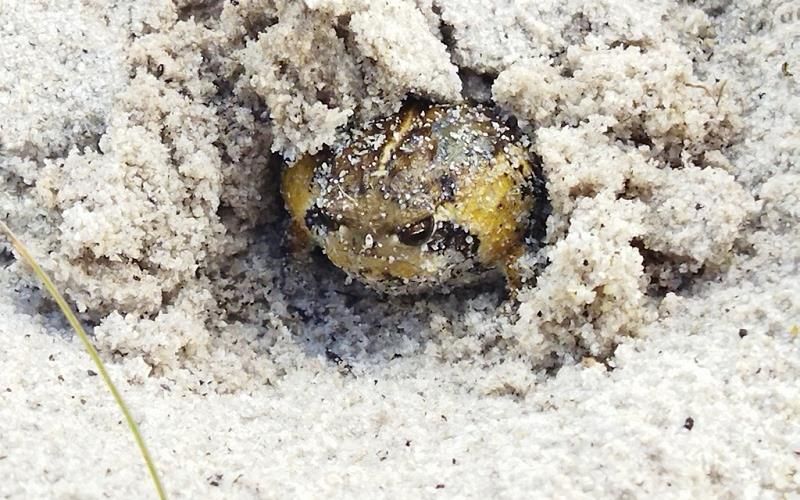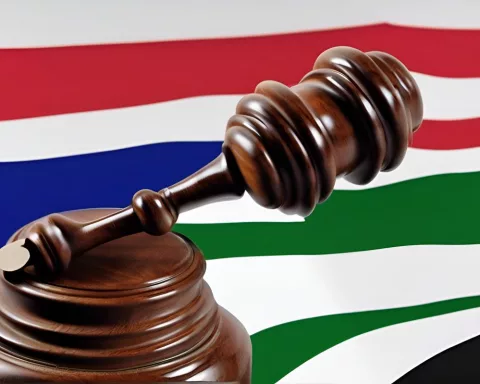Cape Town residents have demonstrated their commitment to preserving the city’s natural heritage by achieving second place in the City Nature Challenge. The challenge invited people to document the plant and animal species encountered in their natural open spaces and reserves. Participants used the iNaturalist.com app to upload their findings, with over 52,000 observations and 3,800 species recorded by Cape Town residents.
Impressive Achievement Highlights Community Dedication
Alderman Eddie Andrews, Deputy Mayor and Mayoral Committee Member for Spatial Planning and Environment, congratulated Capetonians on their achievement, recognizing the hard work and dedication of those who contributed to bringing the city to the runner-up spot. La Paz, Bolivia, secured first place with over 126,000 observations and 5,300 species recorded.
City Nature Challenge Captures Global Data
The City Nature Challenge captured data from 482 cities worldwide, with over 1.8 million observations made by 66,000 participants. The most documented species was the Mallard Duck, and over 57,000 species were recorded, including more than 2,500 species of conservation concern.
Community Involvement Praised
Alderman Andrews expressed his gratitude to the over 2,000 individuals from Cape Town who contributed to the identification process. He highlighted the community’s shared love for preserving the city’s natural heritage and celebrated the achievement as a testament to their involvement.
Promoting Participation and Engagement
To facilitate participation, the iNaturalist.com app was made available for download, and the city organized guided tours of the reserves led by local experts to encourage more residents to discover and document Cape Town’s rich biodiversity.
A Reflection of Community Spirit
Cape Town’s impressive performance in the City Nature Challenge showcases the city’s dedication to environmental conservation and serves as an inspiration to cities worldwide. As the city continues to prioritize the preservation of its natural ecosystem, the collective efforts of its citizens demonstrate that the spirit of conservation is alive and well in Cape Town.












